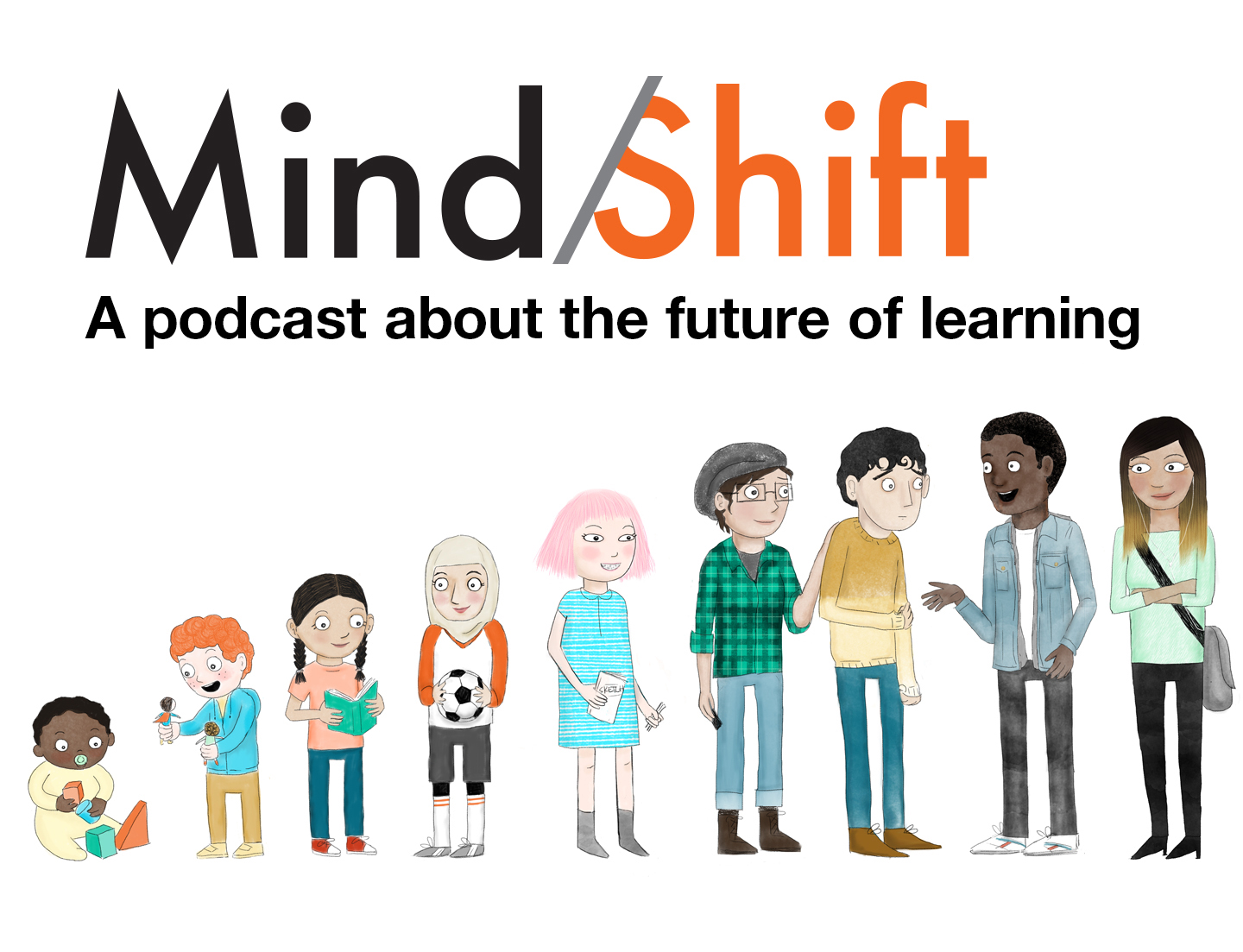 KQED is pleased to announce the launch of a second season of the MindShift podcast. Hosts Ki Sung and Katrina Schwartz, editors of KQED’s popular MindShift blog, explore the innovations in education that are shaping how kids learn. The five-episode season officially launches on August 29, with new episodes every other Tuesday through October 24.
KQED is pleased to announce the launch of a second season of the MindShift podcast. Hosts Ki Sung and Katrina Schwartz, editors of KQED’s popular MindShift blog, explore the innovations in education that are shaping how kids learn. The five-episode season officially launches on August 29, with new episodes every other Tuesday through October 24.
The new season highlights the stories of educators who are developing innovative ways to improve how kids learn. Listeners will meet Michael Essien, a middle-school principal who shares the one thing that finally helped teachers get a grip on classroom management. After seeing the behavior of so many college students and their highly involved parents, former Stanford Dean of Freshmen Julie Lythcott-Haims cautions against overparenting so that young adults can develop self-efficacy. Catlin Tucker explains why she started an interdisciplinary program within her Sonoma County high school, and how it has upended the way she teaches and grades. Michael Godsey, a high school English teacher who started teaching with the Serial podcast, shares his discoveries on how audio can help students be better readers and writers. And listeners will learn about a new approach to discipline at KIPP, a successful and controversial charter school network that prepares kids from low-income communities for college.
Look for MindShift wherever you get your podcasts, including Apple Podcasts, Google Play, Stitcher, and the NPR One app. You can also visit the MindShift website for episodes and supplemental blog posts. kqed.org/mindshift
Season Two Episodes
A Whole School Approach to Behavior Issues: August 29
When Principal Michael Essien arrived at Martin Luther King Middle School in San Francisco, he knew his first order of business would be helping teachers struggling to handle routine disruptions to class. But rather than kicking students out of class, he’s trying to a new approach — bringing counselors inside classrooms to help teachers de-escalate conflicts.
What Overparenting Looks Like from a Stanford Dean’s Perspective: September 12
Parents are essential to a child’s development. But when parents get too involved in helping and directing a child’s every move, they can end up doing more harm than good. Former Stanford Dean of Freshman Julie Lythcott-Haims witnessed first-hand how parents were interfering with the lives of their college-aged children and keeping them from maturing into self-reliant adults.
Be the Change You Want to See: September 26
Over the course of her fifteen-year teaching career, Catlin Tucker has become increasingly worried that school isn’t preparing students for the world they will face after high school. As a public school teacher, Tucker is beholden to a specific set of standards, but she’s not letting that stand in the way of innovation. She’s co-piloting a program called “NEW School” that has upended how she teaches and grades, and changed her relationships with students for the better.